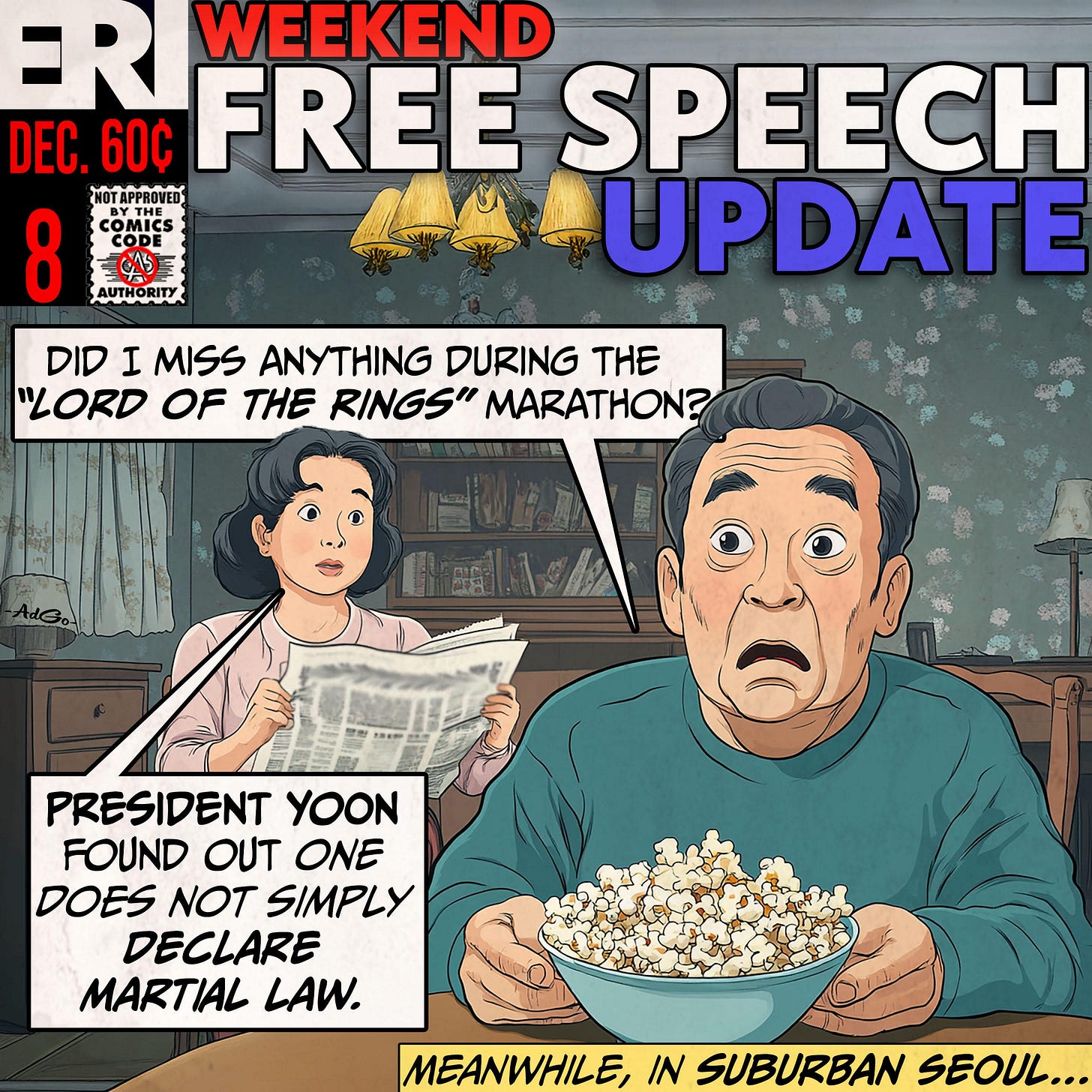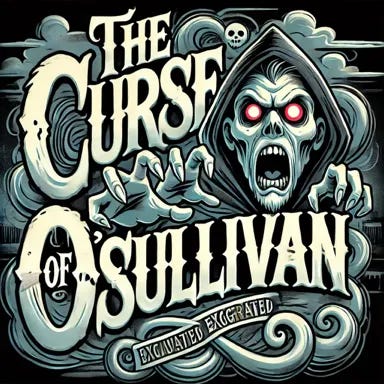NJ town council tries to ban the Constitution, DC Circuit court rules against Tik Tok, & more!
Bringing you the latest free speech news (12/8/24)
Story of the week
FLAGGED FOR REMOVAL: New Jersey resident ejected from town council meeting for displaying American flag and U.S. Constitution by Angel Eduardo
During a meeting of the Edison Township Municipal Council on Nov. 25, the council formally adopted Ordinance 2239-2024, which would “establish firm rules of decorum for conduct at Township Council Meetings.” Among these rules is a prohibition on “the use of props while addressing the council,” which apparently include the symbols of our republic.
This week in FIRE’s blog
FIRE statement on D.C. Circuit's decision to uphold TikTok ban
Want to view art at East Tennessee State? You’ll have to sign a waiver first by Aaron Corpora
Trump’s calls to investigate pollster put First Amendment at risk by David Volodzko
Free expression waning? Study shows fewer people want to be ‘unique’ by David Volodzko

This week in ERI
This week on ‘So to Speak’
Last week So to Speak, host Nico Perrinot spoke with Christopher Cox and David T. Beito to settle once and for all who was the worst American president for free speech.
International free speech stories of the week
Martial Law Didn’t Silence South Korea’s Media. It Empowered Them (NYT) by Daisuke Wakabayashi & Su-Hyun Lee
Labour MP’s call for Islamophobia crackdown prompts ‘blasphemy law’ fears (Independent) by David Maddox
Iranian dissident rapper Toomaj Salehi released from prison (Iran International)
Cathay Pacific Pulls In-flight Family Guy Episode Mentioning Tiananmen (Barron’s)
London Calling: Ronnie’s First Amendment Roundup
This week the U.S. Court of Appeals in D.C. rejected constitutional challenges to the Protecting Americans from Foreign Adversary Controlled Applications Act, i.e., the federal TikTok ban. The law designates China, Russia, Iran, and North Korea as foreign adversaries and bans from the U.S. apps controlled by them—with the net effect as to TikTok that, if by January 19, 2025, divestiture doesn’t eliminate Chinese control, U.S. app stores and hosting services must stop offering/supporting the app. Although the court rejected the government’s argument that the law does not implicate the First Amendment at all, and applied the most stringent level of constitutional review, it upheld the law as narrowly tailored to advance two national security justifications that the government asserted TikTok presents: enabling China to collect great quantities of data about Americans and enabling it to covertly manipulate of content on TikTok. The court reached these conclusions without relying on considerable evidence the government submitted under seal, and through a troubling deference to the government’s characterization of TikTok’s alleged threat—even though it failed to provide sufficient evidence of that threat and even conceded a lack of specific intelligence that China ever manipulated TikTok’s content in the U.S. Given the Times v. U.S. Pentagon Papers case decades ago solidly illustrated that invoking “national security” doesn’t give the government free rein to censor, one would think the D.C. Circuit would have demanded more here.
(November’s) Book of the month
Better late than never! The Fabric of Civilization: How Textiles Made the World by Virginia Postrel shows its brilliance in the way Virginia uses the history of a product so ubiquitous in human society that its history is nearly the history of humankind. Packed to the brim with fascinating stories, a joy to read and re-read!






Banning the Constitution and American Flag, or even attempting to do so, is a sure sign that we have gone full dystopia!